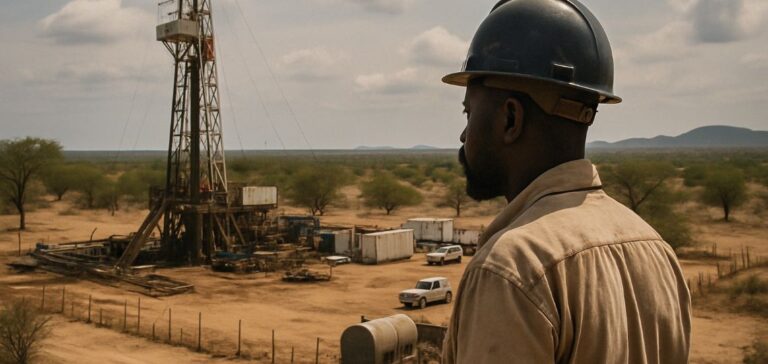Reconnaissance Energy Africa Ltd., a Canadian company listed on the TSX Venture Exchange, has entered into a memorandum of understanding with the Agência Nacional de Petróleo, Gás e Biocombustíveis (ANPG), Angola’s national authority for oil, gas and biofuels. The agreement targets joint exploration of 5.2 mn acres in the Etosha-Okavango basin in southeastern Angola. This area forms part of the geological extension of the Damara Fold Belt and Rift Basin, regions already under exploration by ReconAfrica in Namibia.
The memorandum grants ReconAfrica exclusive rights to the area for 24 months, during which it will coordinate initial geological studies, a campaign to detect hydrocarbon seeps and detailed geochemical analyses. A 2D seismic programme is also planned. The work will be conducted in partnership with Sonangol, Angola’s national oil company, which will hold a 20% interest, with ReconAfrica holding the remaining 80%.
Low-commitment early-entry strategy
The company stated that the initiative provides early access to Angola’s onshore oil market with limited operational commitments. This strategy aligns with ReconAfrica’s ongoing activities in Namibia, where it already holds 6.3 mn acres under exploration licence PEL 73. Positive technical results from the recently drilled Naingopo well have reinforced the company’s confidence in the hydrocarbon potential of the Damara Fold Belt.
Brian Reinsborough, President and Chief Executive Officer of ReconAfrica, noted that regional data supports the geological continuity between the formations being explored in Namibia and those in Angola. He also highlighted that recent regulatory reforms have made Angola a more attractive destination for oil and gas exploration investments.
Strategic positioning in Southern Africa
The agreement strengthens ReconAfrica’s presence in underexplored oil basins. The company continues its strategy of securing high-potential assets at low entry costs. The project may significantly expand the company’s resource portfolio across Southern Africa over time.
The planned operations under this agreement will complement existing initiatives in Namibia, where ReconAfrica remains active in the search for commercial hydrocarbon deposits. The company also stated its intent to collaborate with local authorities to develop community programmes in the Okavango region.






















